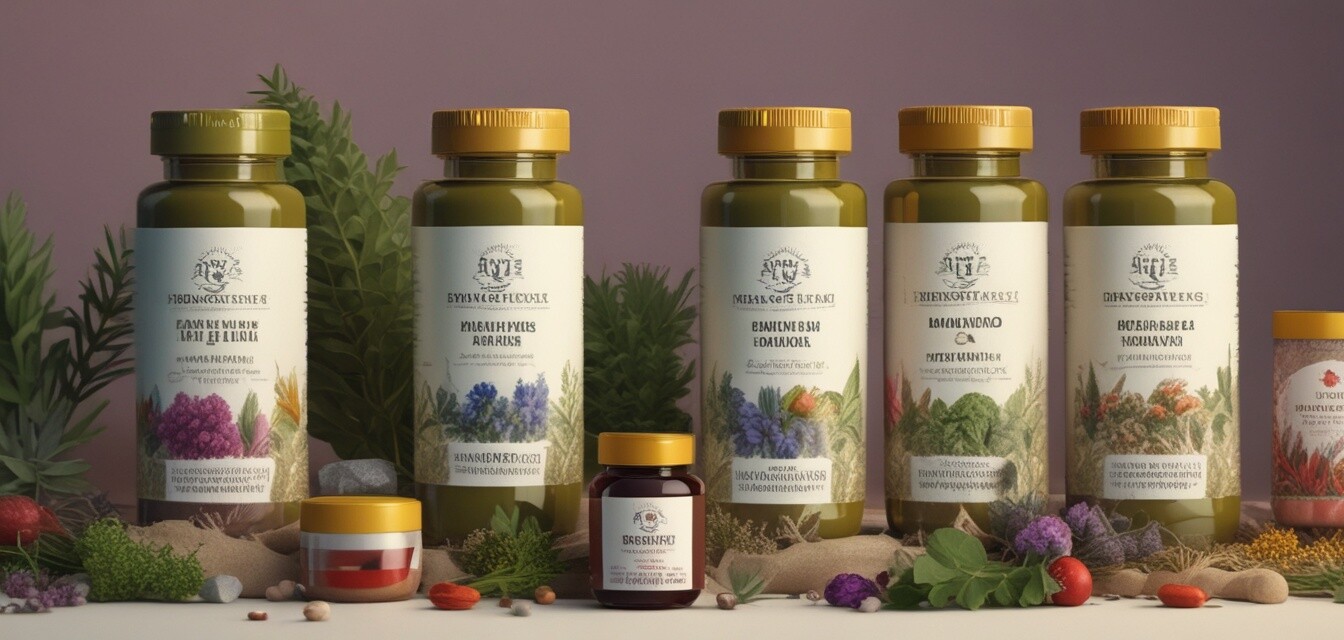
The connection between herbal supplements and wellness
Key Takeaways
- Herbal supplements are becoming increasingly popular in mainstream wellness.
- They offer a natural alternative to conventional supplements.
- Consumer demand for ethical sourcing has shaped the herbal supplement market.
- Staying informed about trends in herbal supplements can enhance your wellness journey.
In recent years, the wellness movement has grown significantly, with consumers seeking natural and sustainable ways to enhance their health. One of the most prominent aspects of this trend is the increasing popularity of herbal supplements. These products, derived from plants and herbs, are viewed as a crucial component in the quest for improved well-being. In this article, we will explore the synergy between herbal supplements and wellness trends in the current market.
Understanding Herbal Supplements
Herbal supplements are made from plant materials and have been used for centuries in various cultures for their purported health benefits. They come in various forms including capsules, powders, teas, and extracts. The primary appeal of these supplements lies in their natural basis, which is highly valued by consumers seeking holistic health solutions.
Categories of Herbal Supplements
| Type | Description |
|---|---|
| Herbal Extracts | Concentrated liquids derived from herbs that offer potent properties. |
| Herbal Teas | Infusions made from dried herbs, flowers, or leaves enjoyed for flavor and potential benefits. |
| Capsules/Tablets | Convenient forms containing powdered herbs or extracts for easy consumption. |
| Powdered Herbs | Ground herbs that can be added to foods and drinks for nutritional enhancement. |
The Rise of the Wellness Trend
The wellness trend is characterized by a growing consumer interest in health, nutrition, and well-being. This trend encompasses not just physical health but also mental and emotional wellness. The following factors are contributing to the rise in the popularity of herbal supplements:
- Holistic Approach: Consumers are increasingly looking for products that support their overall well-being rather than just targeting specific ailments.
- Sustainability: Ethical sourcing and environmentally sustainable production methods resonate with modern consumers.
- Accessibility: Information about herbal supplements and their benefits is more readily available, making it easier for consumers to make informed choices.
Market Trends and Consumer Preferences
As the demand for herbal supplements continues to grow, several trends have emerged:
- Increased Focus on Transparency: Consumers are demanding more information about the sourcing and production of herbal supplements.
This increasing focus on transparency has led to brands actively engaging with their customers about ethical sourcing. For more insights, visit our section on sustainability tips. - Innovative Formulations: Many brands are increasingly creating unique blends that combine multiple herbs or integrate modern scientific advancements with traditional practices.
- Targeted Products: More consumers are searching for supplements that cater to specific lifestyle needs, from fitness to stress relief.
Challenges in the Herbal Supplement Market
While the market continues to expand, it is not without challenges. Various factors can impact the integrity and availability of herbal supplements:
- Regulatory Issues: The herbal supplement market is less regulated compared to pharmaceuticals, leading to variability in product quality.
- Consumer Misinformation: Misleading claims can lead to confusion among consumers about the efficacy of herbal supplements.
- Sourcing Challenges: Environmental factors can impact the availability and quality of herbs, affecting market stability.
Conclusion
Herbal supplements play a significant role in the current wellness landscape, offering consumers a natural alternative to traditional supplements. As the market for these products continues to grow, staying informed about emerging trends is essential for making informed health choices. Engaging in ethical and sustainable sourcing practices will not only benefit consumers but also nurture the planet.
Pros
- Natural sourcing offers peace of mind for consumers.
- Wide variety of options caters to individual preferences and needs.
- Supports overall holistic well-being.
Cons
- Quality can vary significantly between brands.
- Possible misinformation on product labels.
- Limited oversight compared to pharmaceuticals.
For more information on the benefits and challenges of herbal supplements, check out our buying guides.